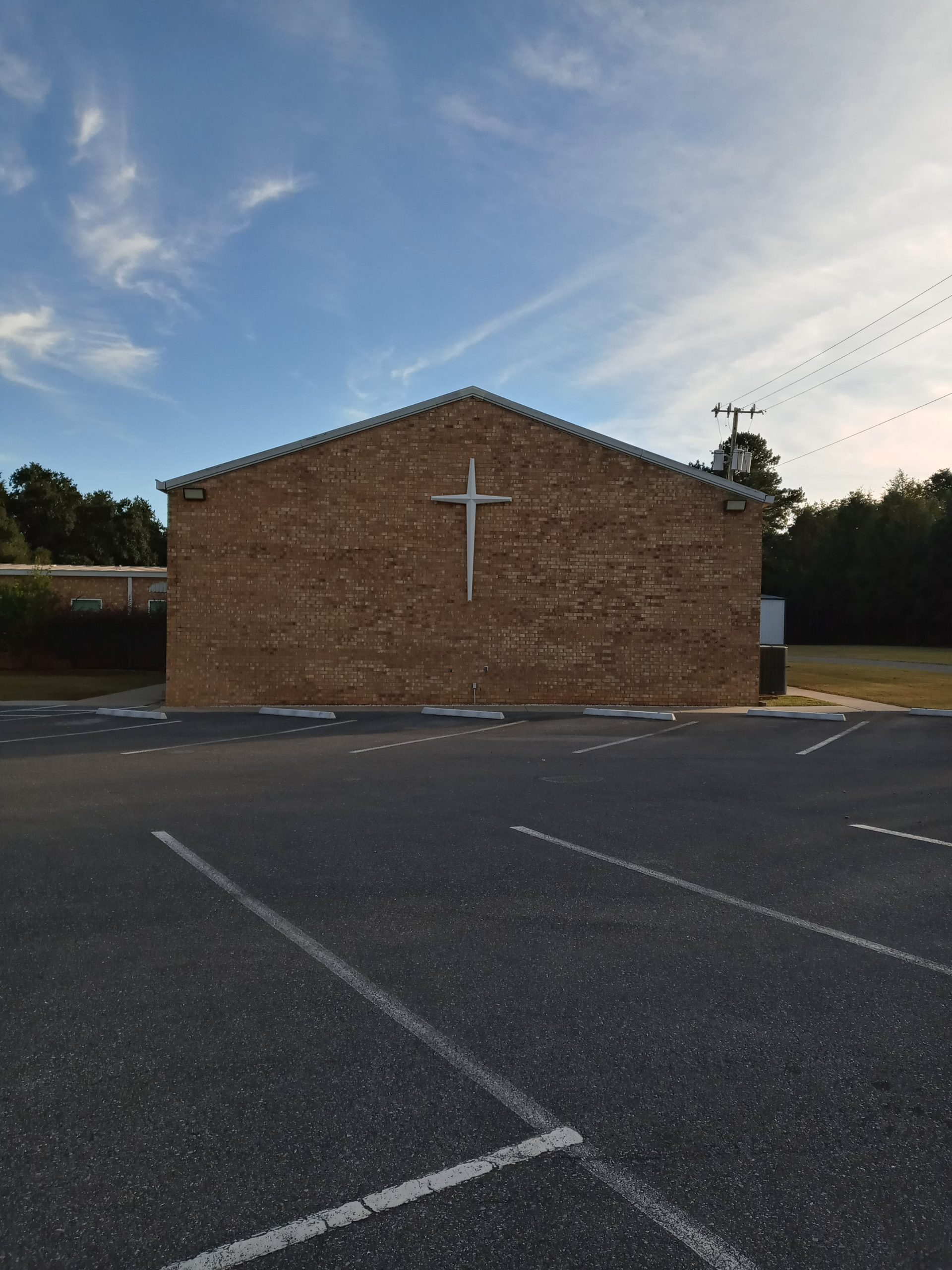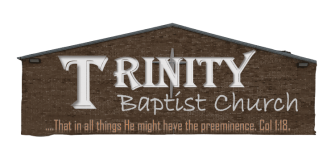
The advent of Social Media has continued an unusual phenomenon, talking to the dead. When I was on Facebook and Twitter, one of the things that I noted was the tendency when a person reminisced about a departed friend or family member to make a comment toward that person. Many times it would go something like this, “2 years ago today, my dad went to heaven. Miss you dad!”
For critics like me, this is dangerous territory because our mouths want of flop open and query whether the person in question actually believes that their dead relative or friend can hear them. Perhaps Facebook’s reach has extended to both Heaven and Hell, but it seems more apropos for Dives to be checking his page than Peter. I kid, but seriously, do people think they have been heard or read?
Some believe that those in Heaven can actually see us on earth based upon [Heb 12:1 KJV] “Wherefore seeing we also are compassed about with so great a cloud of witnesses…” They believe that the loved one can see them from heaven and is watching their every move. Let us lay that aside for a moment and get back to talking to the dead. They talk to the dead because they love them and remember them. They like to remember them. Their memory is blessed. To be a smart aleck and ask who they are talking to would cause great offense, no matter how illogical it may seem to another who is detached from the memory.
We see this in how people decorate and even visit tombs. I have seen pictures of women weeping at the gravestone of a departed soldier husband. That is part of their therapy, for lack of a better term. It helps them heal. Gravestones are decorated by family and visited and beautified. I know that some go and pray FOR the dead which they will do at the grave marker, whereupon they leave a stone showing they have made their prayer there. Mormons are regularly baptized for the dead.
Again, to stand on your back legs and proclaim the illogicality of it all is not just mindbogglingly insanely callous, but also hurtful. The beautiful memory of those departed makes us do some crazy things.
This brings me to my text for the morning:
[2Ch 21:19-20 KJV] 19 And it came to pass, that in process of time, after the end of two years, his [Jehoram’s] bowels fell out by reason of his sickness: so he died of sore diseases. And his people made no burning for him, like the burning of his fathers. 20 Thirty and two years old was he when he began to reign, and he reigned in Jerusalem eight years, and departed without being desired. Howbeit they buried him in the city of David, but not in the sepulchres of the kings.
Three indignities were done or said of Jehoram at his death:
1. His people made no burning for him.
2. He departed without being desired.
3. They buried him apart from the other kings of Judah.
Jehoram did not know all this. He was dead and in hell. In his short reign, he had been the worst king Judah had at the time and drew the special wrath of God upon him which culminated in a 2 year long painful disease and death.
His name means, “Jehovah Exalted.” He went the opposite direction of Jehovah. His father, Jehoshaphat, confusingly and maddeningly had some affiliation with Ahab but still retained a good heart toward God. Not so his son. He jumped in the pool, swam away and never looked back.
[2Ch 21:6 KJV] 6 And he walked in the way of the kings of Israel, like as did the house of Ahab: for he had the daughter of Ahab to wife: and he wrought [that which was] evil in the eyes of the LORD.
Was 6 years of fun worth an eternity of hell? I don’t think so.
Anyway, the ultimate rejection of this king at his death, with a son who became king, no better than he, on the throne, shows the people’s disdain for him. They were not afraid of what the king would do, and it seems the king had no reason to contravene their opinion (!). Jehoram left a bitter memory. He was so bad, that if you were preaching his funeral, you would be preaching to the audience about why you should not follow in his footsteps rather than praising his life.
The statements above are almost shockingly negative. They had not one good thing to say.
Three comments:
“He is one of the most unlovely of all the kings of Judah. ‘Exalted by Jehovah,’ he was for his wickedness thrust down to a dishonoured grave.” (Knapp)
“As he lived wickedly, so he died wishedly.” (Trapp)
“He was hated while he lived, and neglected when he died; visibly cursed of God, and necessarily execrated by the people whom he had lived only to corrupt and oppress. No annalist is mentioned as having taken the pains to write any account of his vile life.” (Clarke)
We cannot control what people think of us after death It is a futile thing to worry about. But I must ask, what kind of legacy will you leave behind to those who knew you? Will it be one of faithfulness to God or will your name be cursed as one of the fools who lived for the here and now?
Let us fight a good fight. Let us run a good race. Let us stretch toward the mark for the prize of the high calling of God in Christ Jesus. As we have lived for him, so those who know Christ may celebrate our lives in honor of our own Master. But, in the end, whether they garnish our tombs or leave them for nature to take its course, it is important that we live for Christ.
I end with a quote from Mr. Valiant from Truth in Pilgrim’s Progress, Part 2: Christiana by John Bunyan: “Then said he, ’I am going to my Father’s; and though with great difficulty I am got hither, yet now I do not repent me of all the trouble I have been at to arrive where I am. My sword I give to him that shall succeed me in my pilgrimage, and my courage and skill to him that can get it. My marks and scars I carry with me, to be a witness for me that I have fought His battles who now will be my rewarder.’…. So he passed over, and all the trumpets sounded for him on the other side.”
JPA
2 Cor 4:5-7


